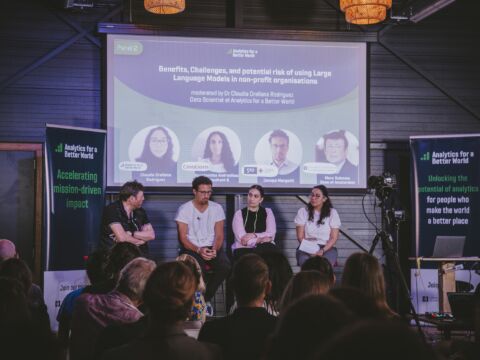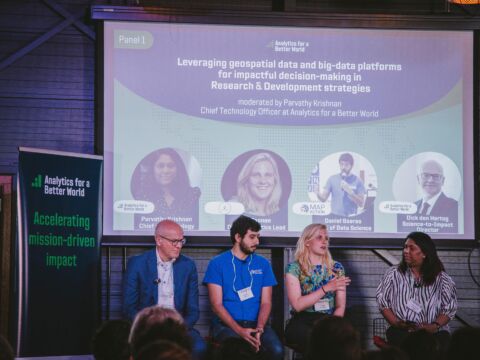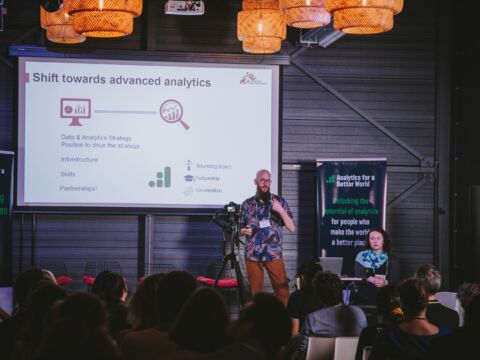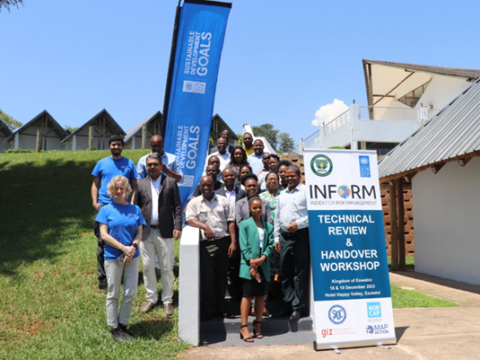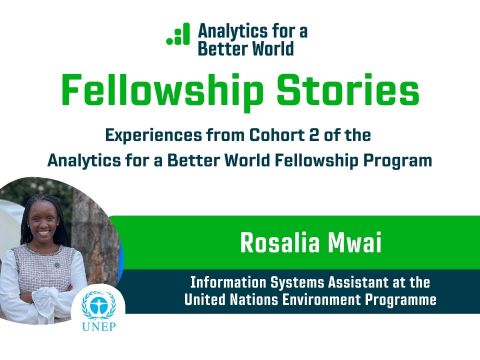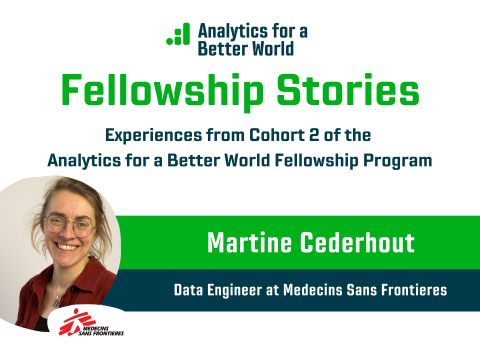Mayukh Ghosh
See profileDr. Chintan Amrit
See profileNovel Data Analytic Methods to Improve Burden Estimates for Wasting
A joint collaboration between Northeastern University, and Amsterdam Business School for World Food Program
Goal – To investigate novel multimodal data-based approaches to improve the burden estimates for wasting
An acute form of malnutrition is termed wasting, which increases a child’s risk of infection and death, and reduces their ability to learn and be productive. In accordance with UNICEF and WHO, when the weight for height <-3 standard deviations from the median of the World Health Organization (WHO) Child Growth Standards for children less than 5 years, it is defined as a case of severe wasting. The latest United Nations (UN) report estimates 45.4 M children under 5 years were wasted globally, and over 13.6M were severely wasted in 2020.
In the absence of incidence data, the incidence correction factor allows the burden to be estimated as a function of only prevalent cases and the incidence correction factor. This is a simple method to estimate the burden of severe wasting in the absence of incidence data and has formed the basis for UN guidance and other published work to estimate program caseloads for severe wasting treatment programs. To improve program planning, global guidance recommends a single incidence correction factor of 1.6 be applied to available prevalence estimates to account for incident cases.
Researchers observe that the incidence correction factors vary between sites and that the burden of severe wasting will often be underestimated using the currently recommended incidence correction factor of 1.6. Finally, they recommend the usage of updated incidence factors to obtain accurate burden estimates for severe cases of wasting.
In this work, a novel multivariate data-based method was developed to estimate the correction factors which will help predict the burden of wasting for Regional Bureau Dakar.
Read more in our report (will be shared later)


